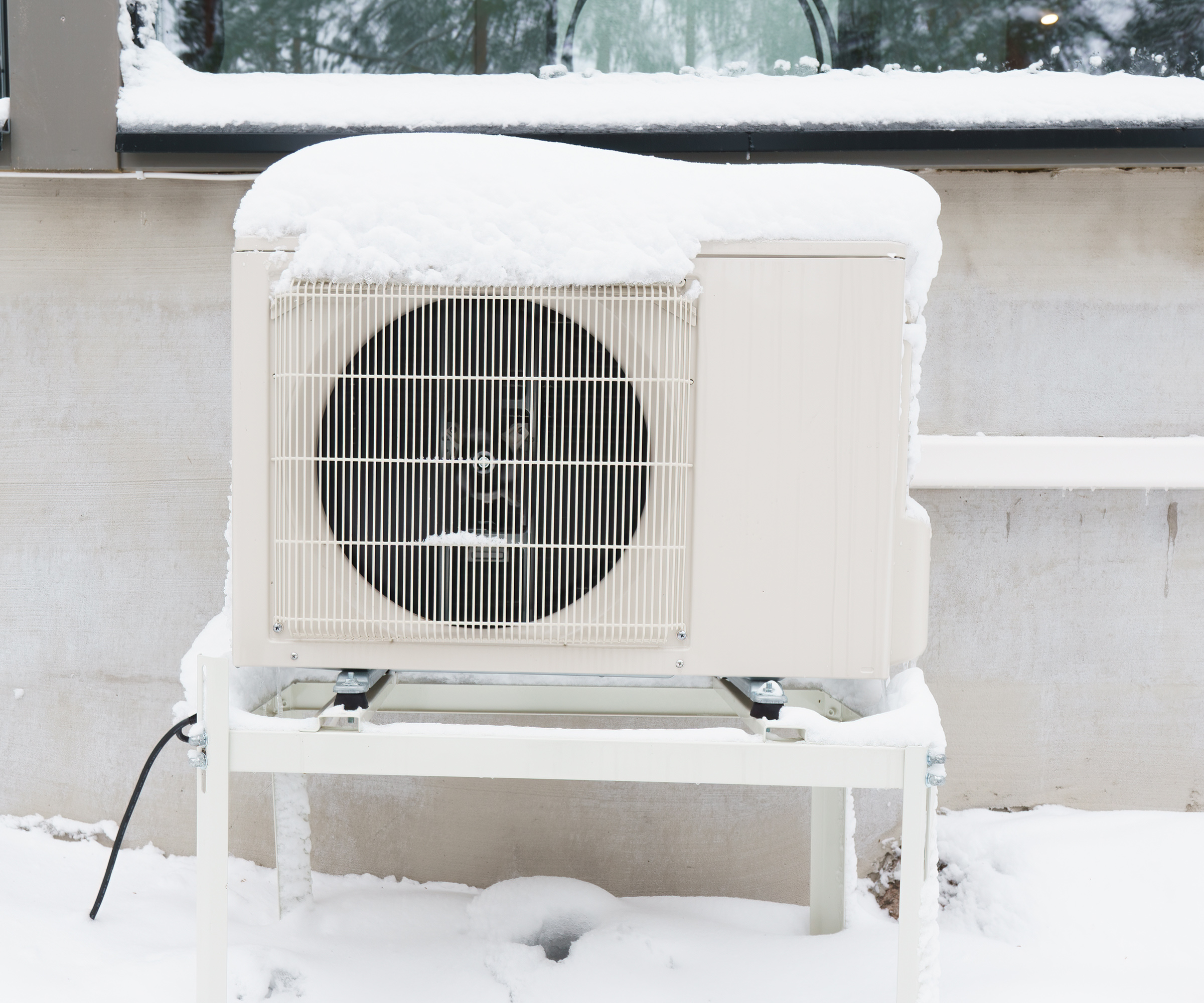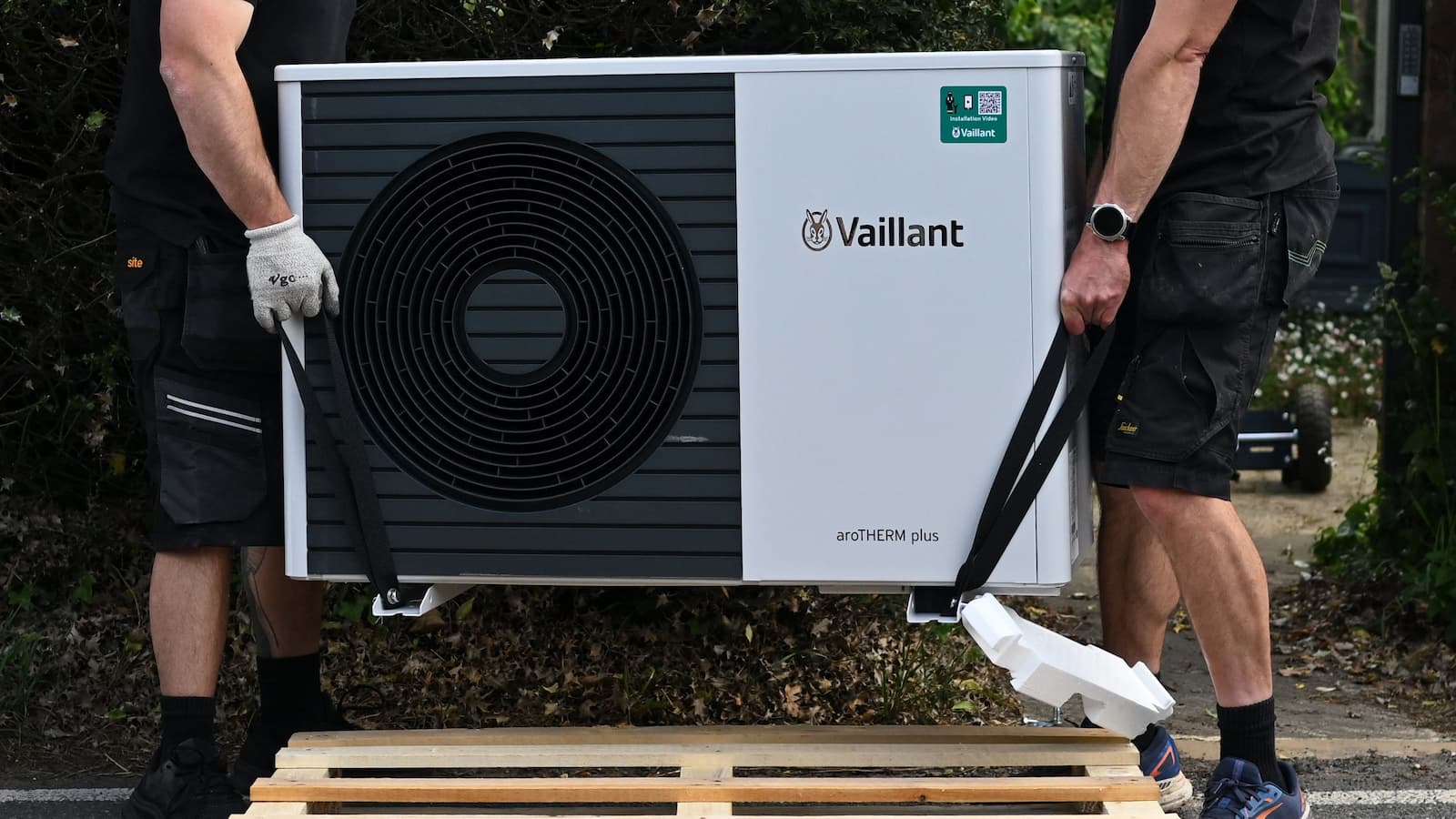This 12 months’s Warmth Pump Week (29 September – 5 October) arrives at a pivotal second for the UK’s vitality future.
With gasoline boilers being phased out within the coming years and heating accounting for a major share of family emissions, consciousness has by no means been extra vital.
The marketing campaign goals to provide householders clear, accessible data on – slicing by means of confusion to spotlight what warmth pumps can actually ship.
What’s Warmth Pump Week?
Warmth Pump Week is a nationwide consciousness marketing campaign led by business our bodies, installers and consultants to advertise understanding of warmth pump expertise.
Its function is to make the expertise much less daunting by sharing real-life case research, knowledge and professional commentary that present how warmth pumps carry out in follow.
Operating yearly in late September and early October, the week gives a platform to debate coverage, spotlight authorities targets, and encourage households to discover whether or not their houses are appropriate.
In 2024, practically 100,000 warmth pumps have been offered within the UK – a 60% improve on the earlier 12 months – but adoption nonetheless falls in need of what’s wanted to hit internet zero objectives. Warmth Pump Week is about constructing the notice over warmth pump myths and confidence required to shut that hole.
1. Most UK houses are appropriate
Warmth pumps aren’t restricted to new builds or extremely insulated trendy houses.
In accordance with business knowledge, greater than 90% of UK properties – from interval Victorian terraces to Twentieth-century semis – can accommodate a system if correctly designed and put in.
Advances in set up strategies imply retrofitting is less complicated than ever, and new planning guidelines have simplified the approval course of in lots of areas.
This makes warmth pumps a practical possibility for thousands and thousands of households who might have beforehand assumed they weren’t eligible.
2. They preserve working in freezing situations

Probably the most widespread doubts round warmth pumps is whether or not they can address chilly climate.
Trendy programs are designed with British winters in thoughts, and Daikin knowledge reveals they proceed working effectively even at temperatures as little as –25 °C.
This ensures constant heat, even throughout chilly snaps, with out the necessity for backup heating. For households apprehensive about resilience, this is a vital reassurance.
3. They’re quieter than you suppose
Noise is commonly raised as a priority, but most trendy warmth pumps are quieter than on a regular basis family home equipment.
Out of doors models sometimes function at round 60 decibels – roughly the quantity of a standard dialog – whereas indoor models run at about 30 decibels, which is softer than a whisper.
Models are additionally designed to mix into residential environments, that means they are often put in with out disrupting day by day life or neighbourhoods.
4. They will minimize vitality payments over time

Whereas set up is an upfront funding, the operating prices could be considerably decrease than gasoline boilers.
On a warmth pump tariff, a typical four-bedroom house might save as much as £690 per 12 months in contrast with gasoline, which, over a 15–20 12 months lifespan, provides as much as hundreds in financial savings.
Within the context of unstable vitality costs, this long-term stability is more and more precious. Add in authorities subsidies and new tariff constructions, and the monetary case for switching grows stronger annually.
5. They do extra than simply warmth
Warmth pumps are sometimes regarded as only a alternative for boilers, however their performance goes additional.
Air-to-water programs present each heating and home sizzling water, whereas air-to-air programs also can cool houses in summer season. Some superior fashions combine air purification expertise, bettering indoor air high quality in addition to consolation.
With the UK dealing with each colder winters and warmer summers, this year-round flexibility makes warmth pumps an answer for all seasons.
Warmth Pump Week is about elevating consciousness and serving to householders make sense of the UK’s shift away from gasoline heating.
The info present that warmth pumps are appropriate for many houses, environment friendly even in freezing climate, quieter than anticipated, and capable of minimize payments whereas delivering year-round consolation.
By spotlighting real-world efficiency and professional perception, the marketing campaign gives householders with the data they should make knowledgeable selections about the way forward for heating.


